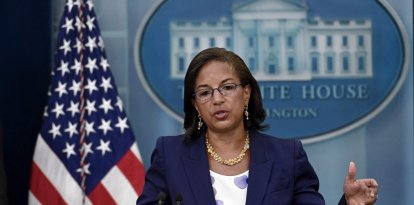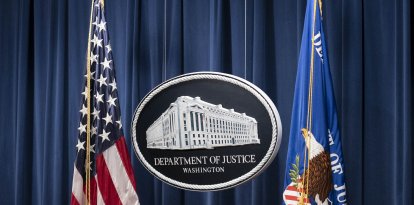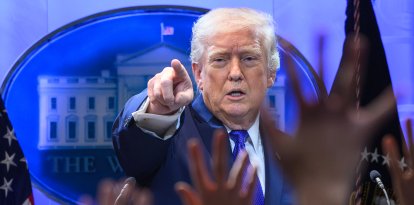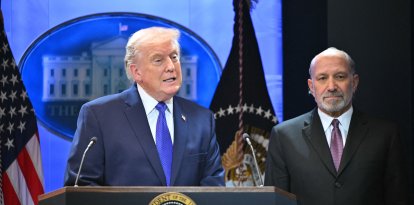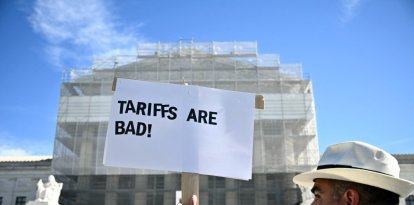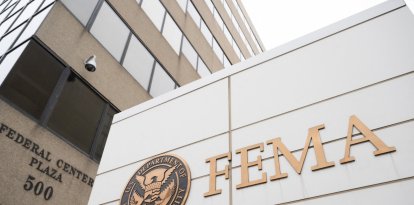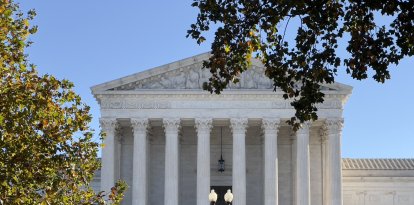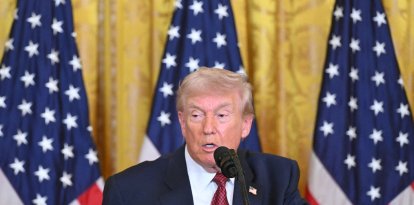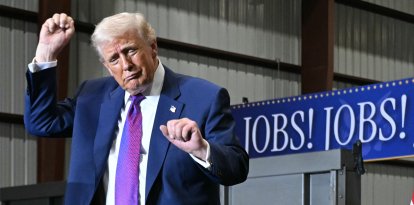Fears of fraud set course for US presidential election
Polls reflect that two-thirds of voters fear voter fraud will influence the outcome.

Citizens cast their early vote
As the United States approaches the presidential election, concerns about the integrity of the electoral process intensify. Polls show that two-thirds of voters, including a majority of Democrats, independents and Republicans, fear that voter fraud will influence the outcome. This climate of distrust, which began after the 2020 election, is still present and is fostered in part by former President Donald Trump's repeated statements about irregularities in that process.
Trump expressed his displeasure with the defeat of 2020, stating that the suspension of the vote count on election night was an affront to voters' rights, creating suspicions of manipulation to favor Joe Biden. Trump has maintained this stance for the past several years, rallying his supporters around the idea of reclaiming what he considers a stolen victory.
Voting by mail, the center of the controversy
One of the critical points in the debate on electoral security is voting by mail, a practice that increased considerably in 2020 due to the pandemic. This method has been singled out as vulnerable to fraud by several sectors, including previous studies, such as a 2005 bipartisan report spearheaded by former President Jimmy Carter and former Secretary of State James Baker. According to Trump and some of his allies, changes to voting regulations during the pandemic allowed ballots to be sent out without the usual signature checks, eliminating a key method of preventing fraud.
Cleta Mitchell, attorney and founder of Election Integrity Network, contends that various activist groups influenced the electoral systems of numerous states, which she believes would have compromised the integrity of the process in 2020.
"The election process was taken over by leftwing activist groups who had burrowed into election systems across the country by the time of the 2020 election (...) and they manipulated the election system in myriad ways in state after state," it said.
State measures and reactions
In response to these fears, several states have implemented new regulations to strengthen voting security, while others have done the opposite. California, for example, recently passed a law eliminating the requirement to present an ID to vote, while the Department of Justice has filed lawsuits against Alabama and Virginia to prevent them from removing ineligible voters from their rolls. These measures, perceived by some as attempts to ease access to the ballot and by others as a threat to election security, have further polarized voters.
Officials in key states such as Arizona, Georgia and Pennsylvania have warned of possible delays in the announcement of results, which could intensify uncertainty and increase suspicions among voters.
The political scenario and possible consequences
The current climate of tension not only affects confidence in the electoral process, but also raises concerns about possible outbreaks of political violence. Studies on international elections have shown that delays in the delivery of results often trigger unrest. In countries such as Honduras and Peru, prolonged delays in election recounts led to clashes and questions about the legitimacy of the polls.
The 2024 elections in the United States are shaping up to be a crucial event, not only because of the offices at stake, but also because of the context of polarization and distrust surrounding the process. For many voters, the outcome will be decisive not only in terms of leadership, but in the credibility and transparency of the country's electoral system.













